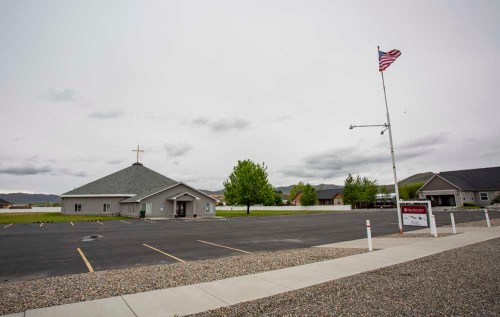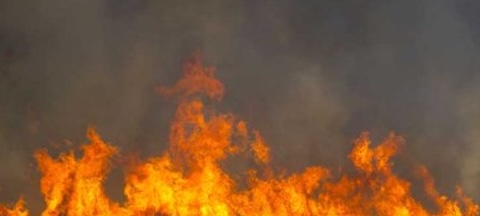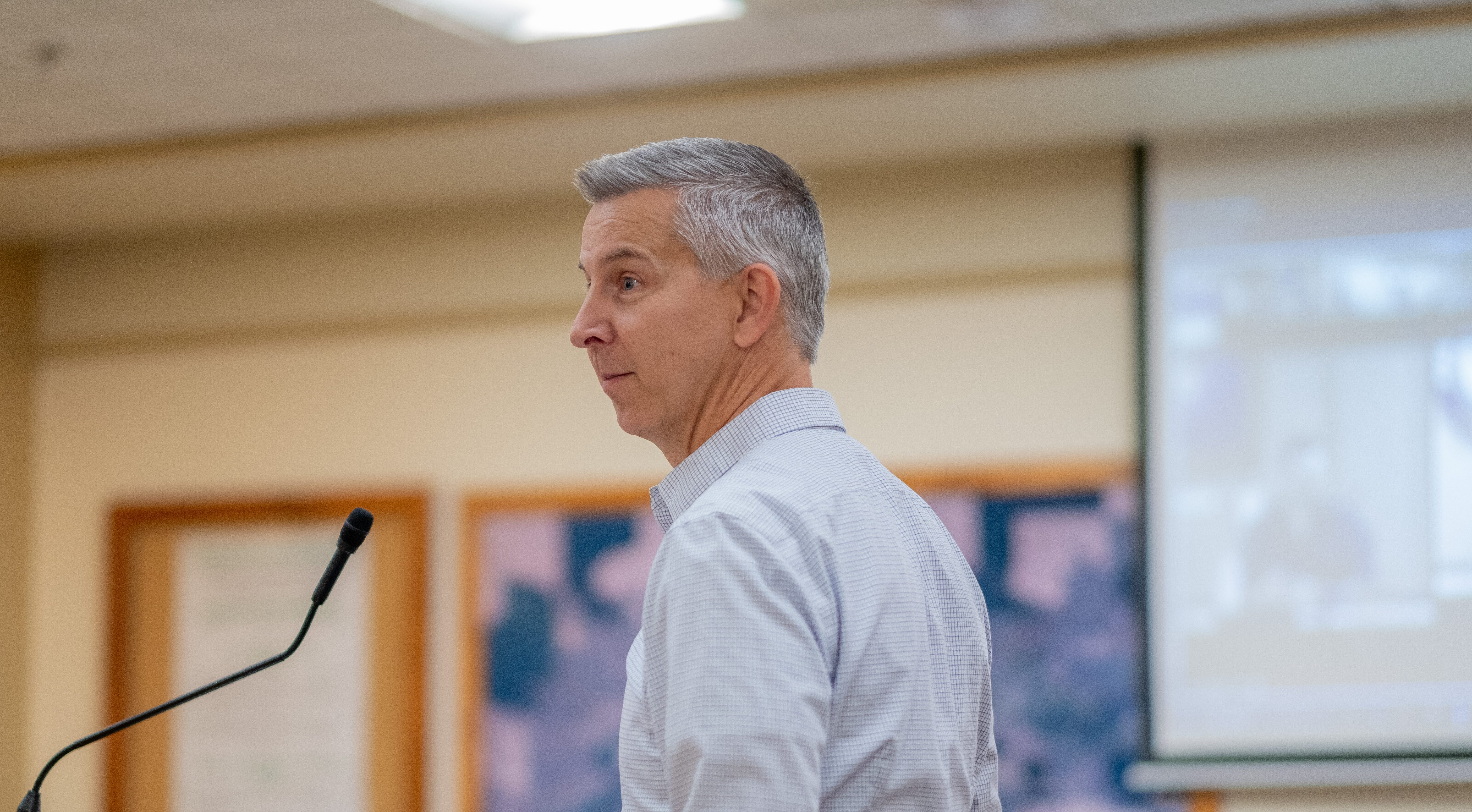Wait, can people attend church in Oregon this weekend or not?
Published 3:00 pm Saturday, May 23, 2020

- A Baker County judge on May 18, 2020, granted a preliminary injunction to 10 churches, including Elkhorn Baptist in Baker City, who sued the governor. The judge ruled Gov. Kate Brown’s restrictions on religious gatherings “null and void’’ because her emergency order due to the coronavirus pandemic had exceeded its 28-day limit.
On Friday, President Donald Trump said that he had deemed churches and other houses of worship “essential” and called on governors across the country to allow them to reopen this weekend, even as some parts of the nation remain under coronavirus lockdown.
And he warned that if governors don’t abide by his request, he will “override” them, though it’s unclear what authority he has to do so.
Trending
In Oregon, however, Gov. Kate Brown’s orders are still in force despite a court challenge. On Friday, the churches filed their arguments with the Oregon Supreme Court, arguing the governor’s executive orders are void. The court did not issue a ruling, though, so Brown’s orders remain in place.
Q: So can I go to church in Oregon this weekend?
A: Yes, under certain conditions. Under Brown’s latest executive order “cultural, civic, and faith-based gatherings of more than 25 are prohibited.” They are allowed for 25 or fewer people if congregants can maintain physical distancing of at least six feet between them. Some churches in the Archdiocese of Portland and other denominations are open for small services, but other churches are live-streaming services rather than gathering people together.
Q: Didn’t a Baker County judge rule Brown’s orders were “null and void”?
A: Yes, but the Oregon Supreme Court quickly acted to keep the orders in place while the issue is argued out.
Q: What happened at the Oregon Supreme Court on Friday?
Trending
A: The attorneys for 10 churches and other groups made their arguments but the court did not issue a ruling.
Q: What do federal health officials say about attending worship services?
A: Following Trump’s announcement, the federal Centers for Disease Control and Prevention released new guidelines for communities of faith that include taking steps to limit the size of gatherings and considering holding services outdoors or in large, well-ventilated areas.
Public health agencies have generally advised people to avoid gatherings of more than 10 people and encouraged Americans to remain 6 feet away from others when possible.
Q: Are religious services risky?
A: In-person religious services have been vectors of transmission of the virus. A person who attended a religious service on Mother’s Day at a church in Northern California that defied the governor’s orders against reopening later tested positive for the coronavirus, exposing more than 180 churchgoers.
Dr. Deborah Birx, the coordinator for the White House’s coronavirus task force, said that faith community leaders should be in touch with their local health departments and can take steps to mitigate risks, including making sure those who are at high risk of severe complications remain protected.
“There’s a way for us to work together to have social distancing and safety for people so we decrease the amount of exposure that anyone would have to an asymptomatic,” she said.
Q: Does Trump have the authority to order governors to open houses of worship?
A: It’s far from clear Trump can impose his views on states that want to keep houses of worship closed or restricted. Health and safety rules are primarily the domain of the states, in part because of the explicit preservation of state authority in the Constitution’s 10th Amendment and Supreme Court rulings that have enforced limits on federal power.
White House press secretary Kayleigh McEnany declined to say Friday what law gives Trump the power to override state orders to churches, calling it a hypothetical question.
“The president will strongly encourage every governor” to allow churches to reopen, she said.
Earlier this month, the Department of Justice sided with a Virginia church that sued after its pastor was issued a criminal citation and summons for violating the state’s social distancing orders, which prohibited services of more than 10 people.
Attorney General William Barr has directed top Justice Department prosecutors to take legal action against state and local officials if their coronavirus restrictions go too far, saying “the Constitution is not suspended in times of crisis.”
This article was originally published by the The Oregonian/OregonLive, one of more than a dozen news organizations throughout the state sharing their coverage of the novel coronavirus outbreak to help inform Oregonians about this evolving heath issue.









